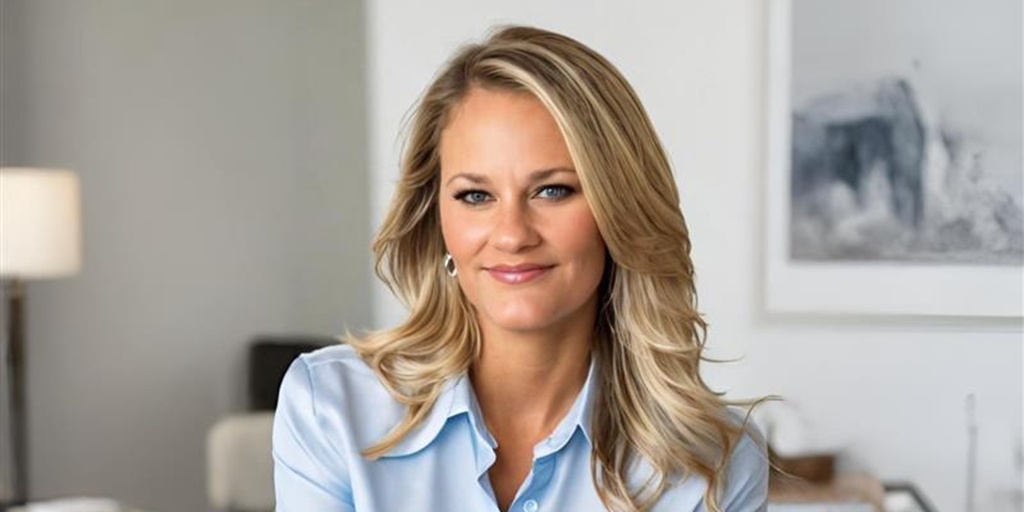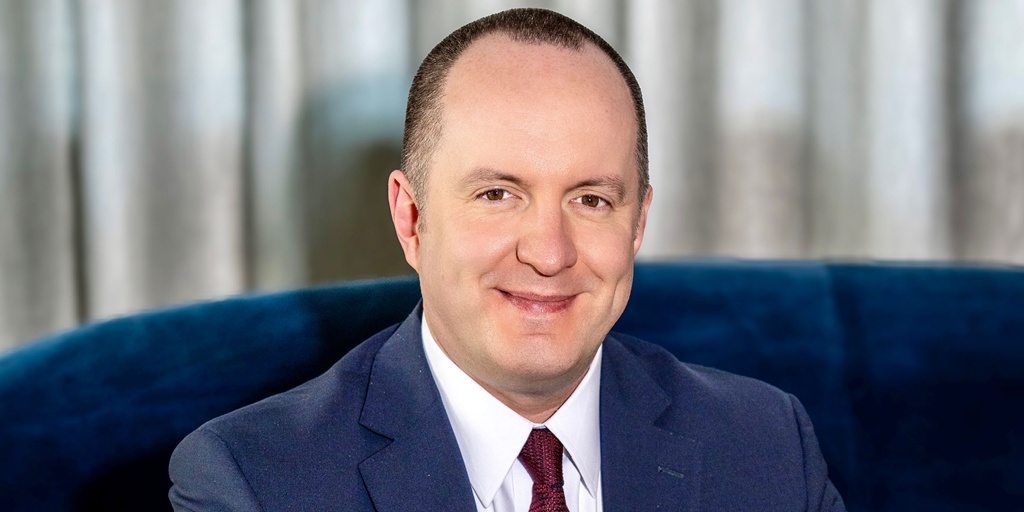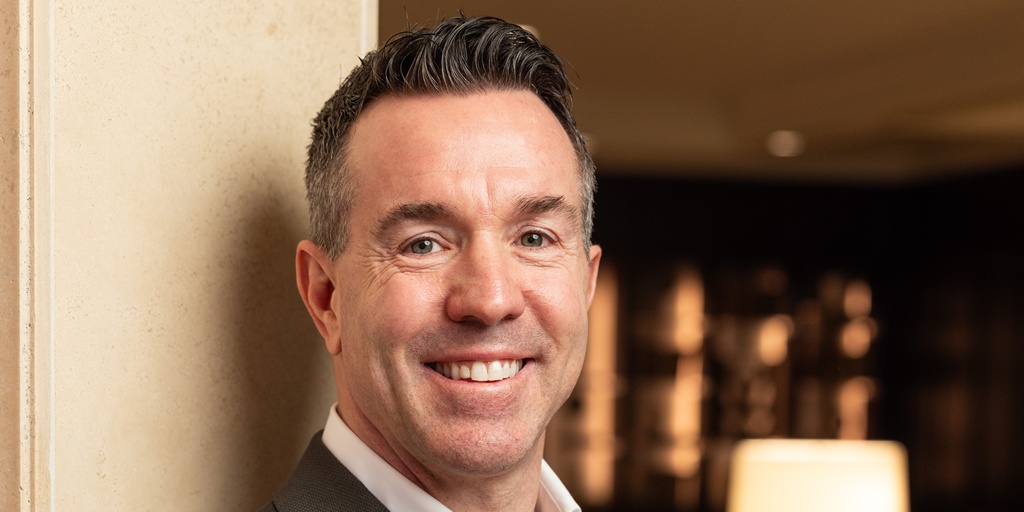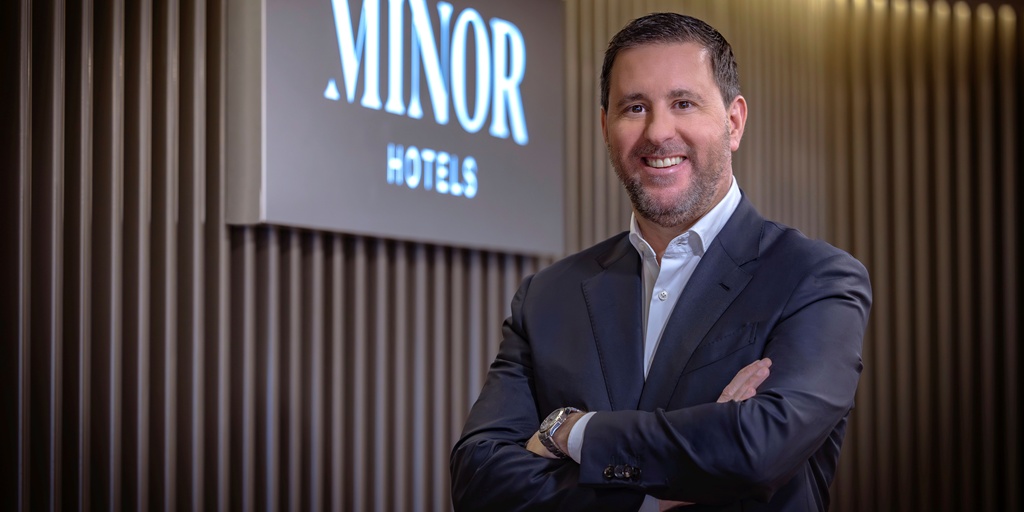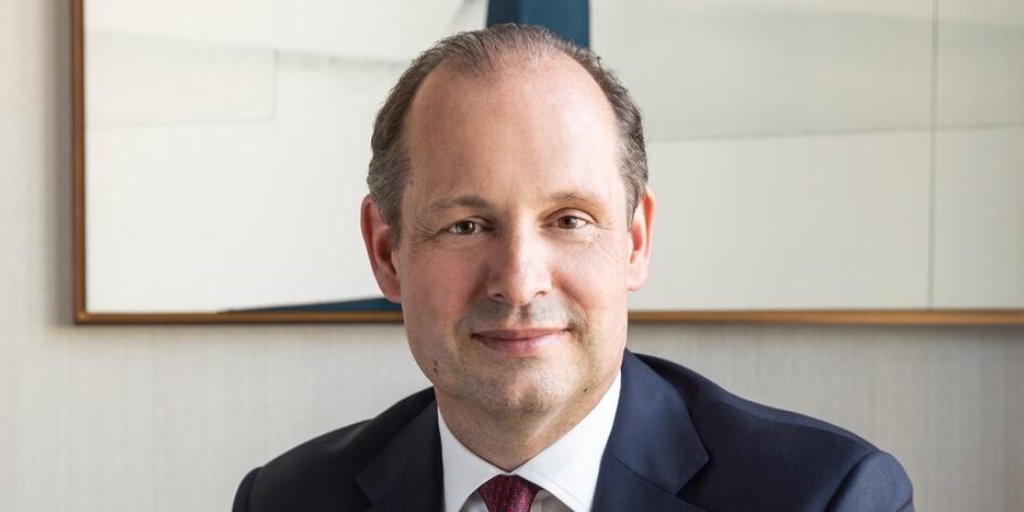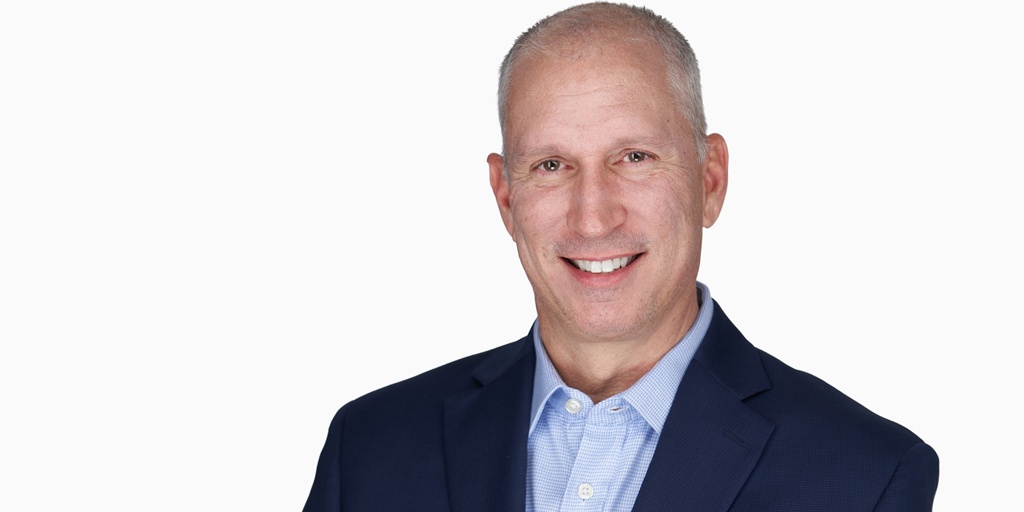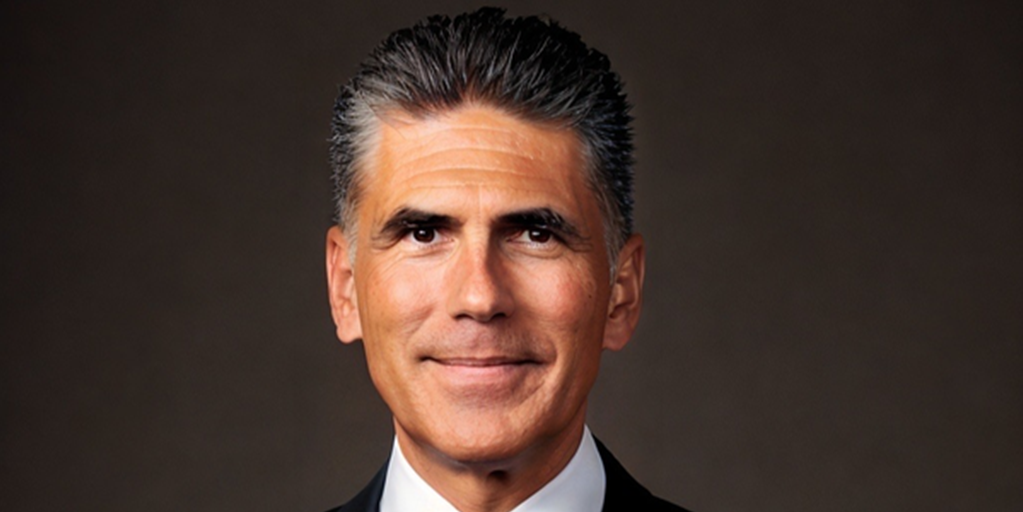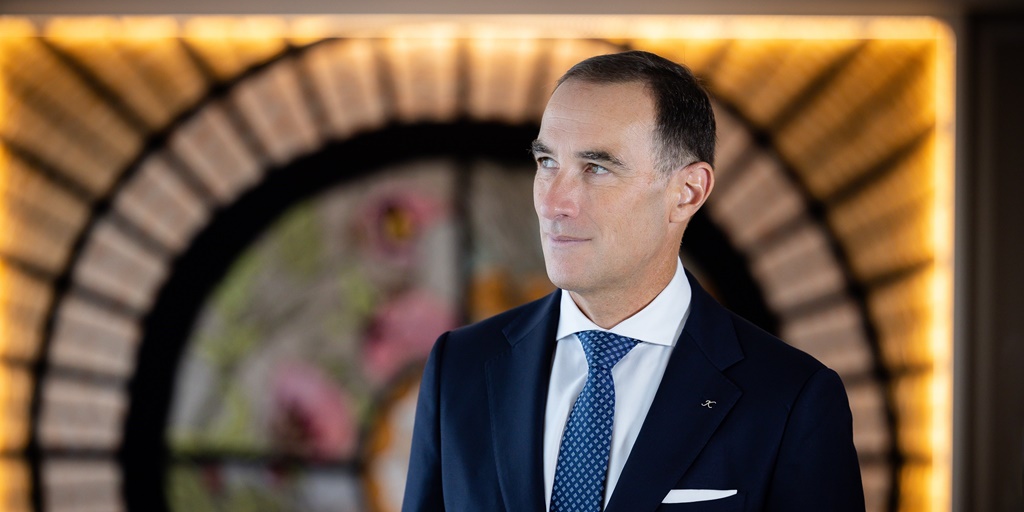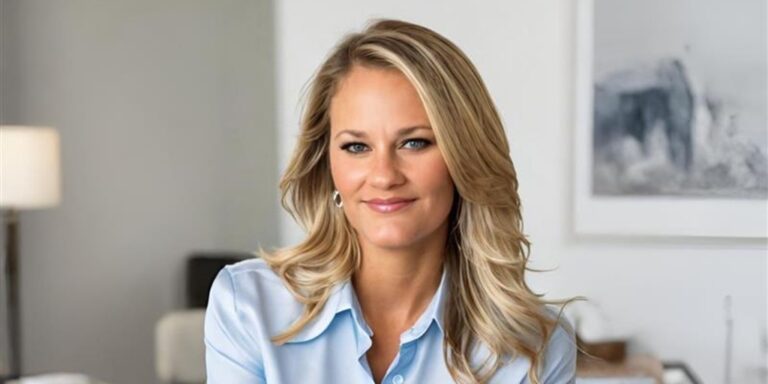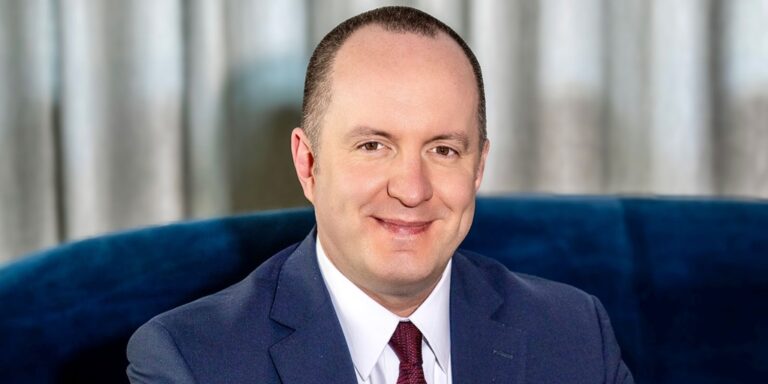Sales is responsible to generate demand and a hotel revenue manager is responsible to manage the demand.
Ever wanted to understand what exactly revenue management is? Kammelh Kishorre, Founder and CEO of RevMutu, explains the concept in depth.
Revenue management has now become a critical department of any hotel. There are a lot of misconceptions about revenue management. A revenue manager is pictured as some guy sitting in a room and working on numbers, graphs and reports. I have also come across some individuals who believe revenue management is a function of finance and accounts.
Revenue management is generally portrayed as a very complicated subject. In my experience, revenue management is a good understanding of behaviour and predicting the future. If we can predict the future accurately, we can change the future by taking certain actions.
What is the role of a revenue manager?
Nowadays, there is a lot of confusion about what is the responsibility of a revenue manager. As the title suggests: the revenue manager is responsible for the management of revenues coming into the hotel through various channels. In simple words: sales is responsible to generate demand and revenue manager is responsible to manage the demand.
Revenue managers are generally given the responsibility to generate business through electronic channels and in-house reservation department. Yes, pricing and managing online channels is the responsibility of a revenue manager. However, this is not the right parameter to measure the performance of a revenue manager.
A revenue manager’s key performance indicator is RevPAR (revenue per available room) and TRevPAR (total revenue per available room). In revenue management, another performance parameter added is GOPPAR (gross operating profit per available room).
A revenue manager predicts the market and hotel demand through forecasting. Post this, we take actions to change the hotel demand. There are many actions we can take to change the demand level for a hotel. Some of the actions we take are: pricing, yield management – LOS (length of stay restrictions), CTA (closed to arrival), channel management – opening & closing certain channels.
How do we understand the behaviour?
We take a lot of actions in revenue management related to pricing, yield management, channel management etc. A good revenue manager will always measure the impact of any action taken. This step is key for the revenue manager, as the same strategy/action can be copied and pasted if the hotel is in a similar situation again. (Given the other parameters have not changed).
Pace report analysis: daily pace analysis helps a revenue manager to understand the behaviour of the pick up by day of the week. This gives an indication, where the action needs to be taken to bring the pace in line with hotel behaviour and as per market demand.
We perform price elasticity test to understand how the occupancy percentage behaviour impacts at various price points. This test is very critical for every hotel to understand BEP (break-even point). A price elasticity test needs to be done for various demand levels to get a clear and detailed analysis. Example: day of the week, Seasonality, etc.
Kammelh has over 15 years of experience in hospitality and revenue management in the Indian and international market. Kammelh has worked with global brands like Forte Group United Kingdom and InterContinental Hotels Group United Kingdom. During his tenure with IHG, Kammelh worked in various roles from single property revenue manager to multi property revenue manager. Kammelh pioneered a new concept in revenue management in India to support hotels improve revenues and profits. He is currently supporting over 50 hotels across India and overseas.
SHARE THE NEWS
[tweetshareinline tweet=”Ever wanted to understand what exactly revenue #management is? K. Kishorre, Founder and CEO of RevMutu, explains the concept in depth. ” username=”tophotelnews”]
MORE NEWS


